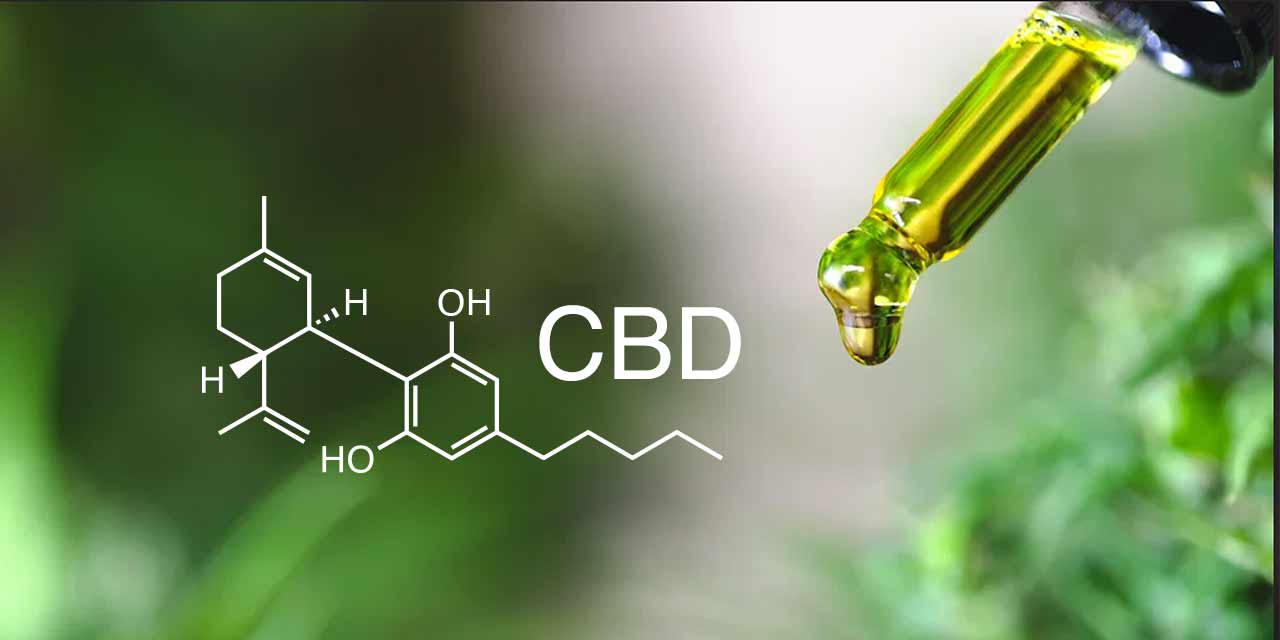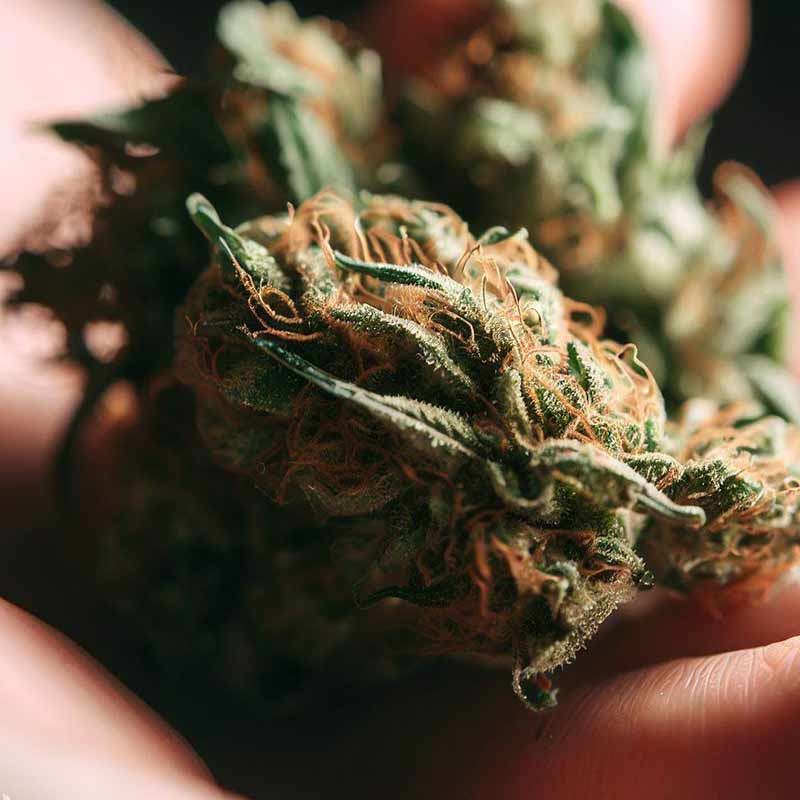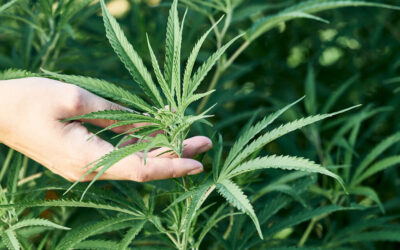
The Healing Power Of CBD
In recent years, CBD (Cannabidiol) has emerged as a revolutionary remedy in the world of natural health and wellness. Derived from the cannabis plant, CBD has gained significant popularity for its potential medicinal benefits, devoid of the intoxicating effects commonly associated with its counterpart, THC (Tetrahydrocannabinol). With a surge of interest surrounding CBD, it’s essential to understand what it is and how it can help medically. In this blog post, we’ll explore the fundamentals of CBD and shed light on its remarkable medical properties.
Nature’s Healing Compound
Cannabidiol (CBD) is one of over 100 active compounds, known as cannabinoids, found within the cannabis plant. Unlike THC, CBD does not cause psychoactive effects, meaning it won’t get you “high.” CBD is most commonly extracted from industrial hemp, a non-psychoactive variety of cannabis, to create CBD products that have gained widespread acceptance across the globe.
CBD’s Interaction with the Endocannabinoid System
To comprehend how CBD offers various medicinal benefits, we must delve into the endocannabinoid system (ECS). This complex network of receptors and neurotransmitters exists within the human body, playing a crucial role in maintaining balance, or homeostasis, across various bodily functions.
CBD interacts with the ECS by binding to CB1 and CB2 receptors, located throughout the brain, immune system, and peripheral tissues. This interaction can modulate the release of neurotransmitters, influencing pain perception, inflammation, mood, and immune responses, among other processes.

Pain Relief
CBD has been recognised for its analgesic properties, making it a potential alternative for managing chronic pain conditions such as arthritis, multiple sclerosis, and migraines. Studies suggest that CBD can reduce inflammation and alleviate pain by influencing ECS receptors and inhibiting certain pain-related pathways.
Anxiety and Depression
Anxiety and depression are prevalent mental health disorders, affecting millions worldwide. CBD has exhibited promising results in reducing anxiety and depression symptoms by promoting serotonin receptors’ activity in the brain, elevating mood and promoting a sense of well-being.
Neuroprotective Properties
CBD’s neuroprotective potential has sparked interest in its ability to combat neurodegenerative conditions like Alzheimer’s and Parkinson’s disease. Research indicates that CBD’s antioxidative and anti-inflammatory actions can protect brain cells from damage and reduce oxidative stress.
Epilepsy and Seizures
One of the most celebrated medical applications of CBD is in the treatment of epilepsy, particularly in cases of rare and treatment-resistant forms like Dravet syndrome and Lennox-Gastaut syndrome. The FDA has approved a CBD-based drug, Epidiolex, for these conditions, as it has shown remarkable efficacy in reducing seizure frequency.
Cancer Symptom Management
While not a cure for cancer, CBD may assist cancer patients in managing treatment-related symptoms such as nausea, pain, and lack of appetite. It can also help alleviate chemotherapy-induced side effects, improving the overall quality of life during cancer treatment.

Safe Usage and Potential Side Effects
CBD is generally well-tolerated by most individuals, and serious side effects are rare. However, some users may experience mild side effects such as fatigue, dry mouth, or changes in appetite. It is crucial to consult with a healthcare professional before incorporating CBD into your wellness routine, especially if you are taking other medications or have underlying health conditions.
The rise of CBD as a medical marvel has transformed the landscape of natural remedies, offering hope and relief to millions around the world. As we continue to unlock the full potential of this fascinating compound, ongoing research and clinical trials will undoubtedly unveil even more of its therapeutic properties. From easing chronic pain to improving mental health and managing severe conditions, CBD’s medicinal journey has only just begun.
Remember, while CBD shows immense promise, it is not a replacement for professional medical advice or treatment. Always consult with a healthcare provider to determine the most suitable approach for your unique health needs.









































